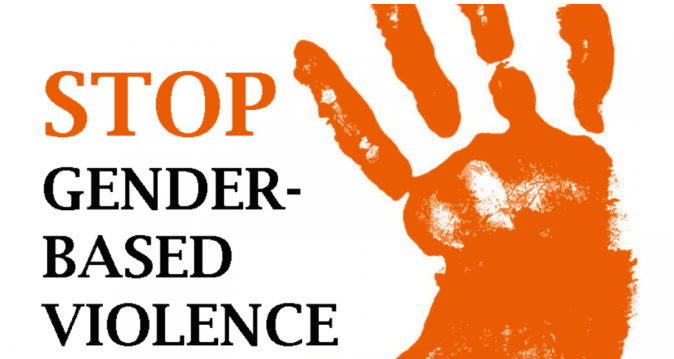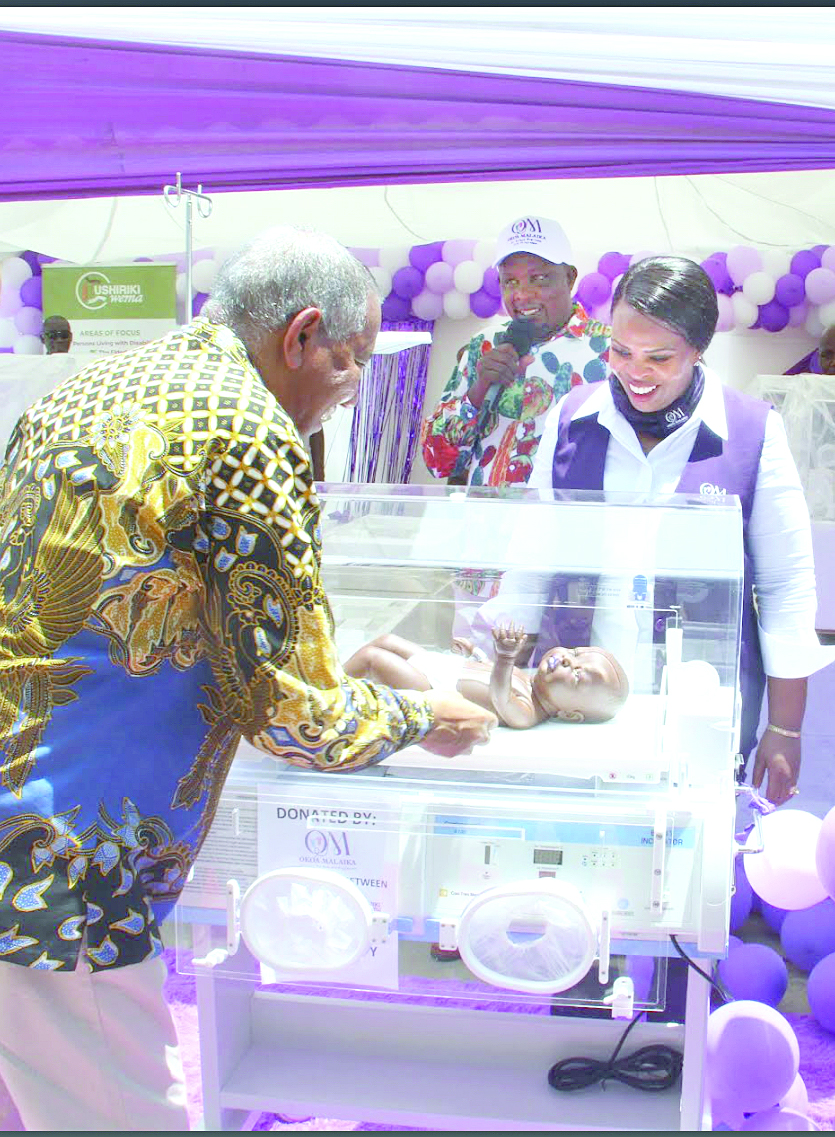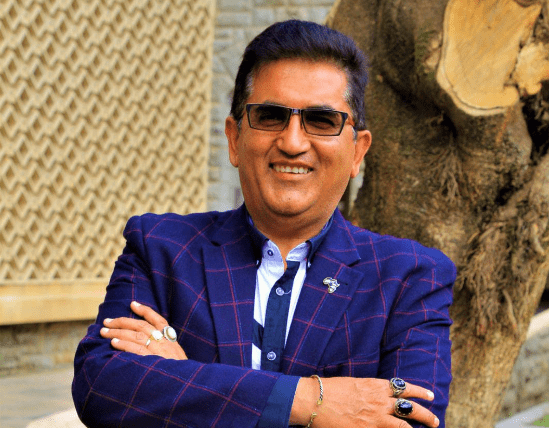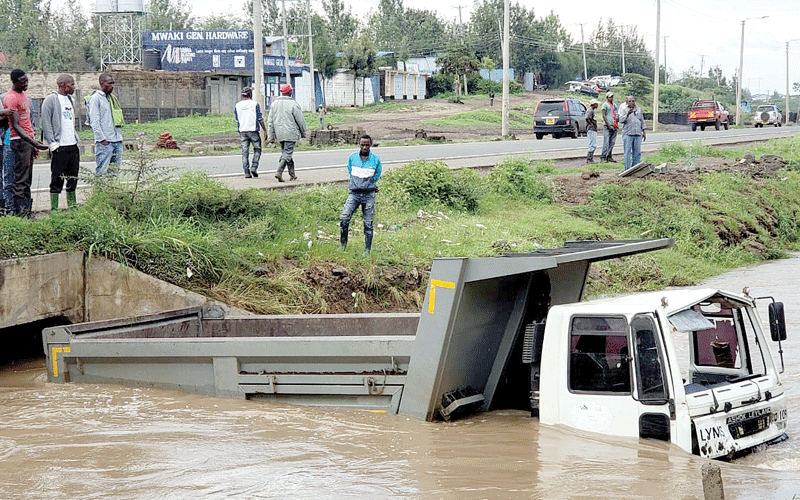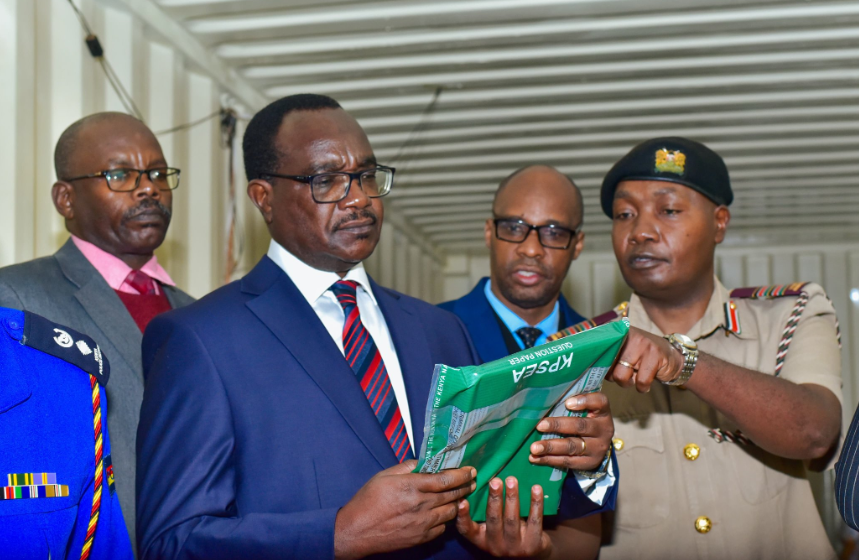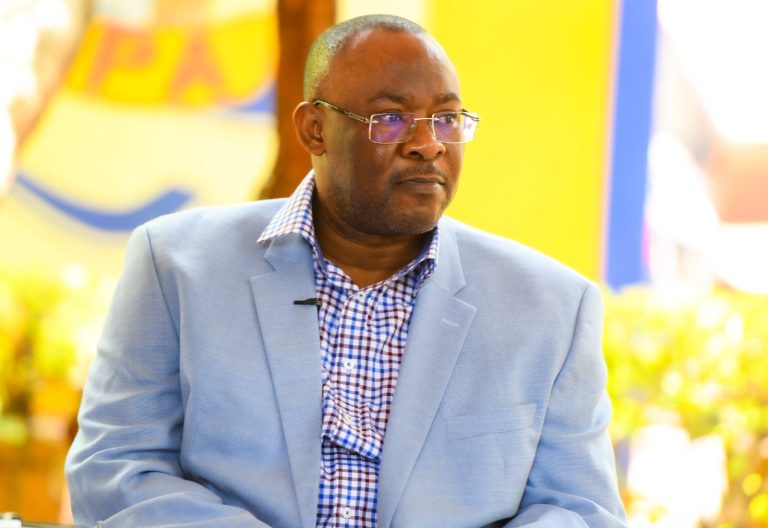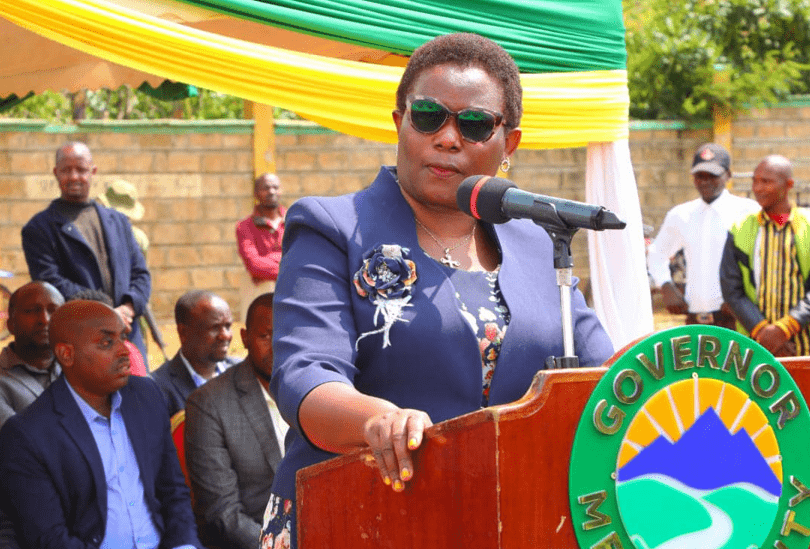Over 370M girls and women ‘violated before age 18’

mA new report has revealed that more than 370 million girls and women across the globe experience sexual assault before they reach age 18.
Those who are violated struggle with lifelong implications said the report released yesterday by Unicef. Underscoring the urgent need for comprehensive prevention and support strategies, the data shows that when non-contact forms of sexual violence such as online and verbal abuse are included, the number of sexually abused girls and women globally rises to 650 million.
’Pervasive violence’ Sexual violence against children is “a stain on our moral conscience”, inflicting “deep and lasting trauma, often by someone the child knows and trusts, in places where they should feel safe,” said Unicef Executive Director Catherine Russell.
“Sexual violence against children is pervasive, cutting across geographical, cultural, and economic boundaries, the data show. Sub-Saharan Africa has the highest number of victims, with 79 million girls and women affected (22 percent),” noted Russell.
“In Kenya, the 2019 Violence Against Children Survey shows that one in six females (15.6 per cent) experienced childhood sexual violence, with up to 62.6 per cent of them experiencing it multiple times before the age of 18.
“Further, up to 19 per cent of 18-24-year-old females who experienced sexual violence before age 18 said perpetrators of the first incident of any sexual violence in childhood were schoolmates.”
The data paints a grim reality for many girls in Kenya experiencing sexual violence, even within their own schools, communities and online, said Unicef country representative
Shaheen Nilofer. “This is unacceptable! We must strengthen an integrated child protection system at the community level, including making sure girls can access support such as clinical and psychosocial services, and a safe reporting mechanism,” she said.
“Most importantly, we must equip girls with the knowledge and skills to stay safe online and offline.” The data revealed that girls in fragile settings – such as those with weak institutions, UN peacekeeping forces, or large numbers of refugees fleeing due to political or security crises – face an even greater risk, with the prevalence of rape and sexual assault in childhood slightly more than one in four.
“Children in fragile settings are especially vulnerable to sexual violence,” Russell said, adding that “we are witnessing horrific sexual violence in conflict zones, where rape and gender-based violence are often used as weapons of war”.
Most childhood sexual violence, the data shows, occurs during adolescence, with a significant spike between ages 14 and 17.
Repeated abuse Studies show that children who experience sexual violence are more likely to suffer repeated abuse, with humanitarians now calling for targeted interventions during adolescence to break the cycle and mitigate the long-term impacts of such trauma.
Survivors are said to carry the trauma of sexual violence into adulthood, facing higher risks of sexually transmitted diseases, substance abuse, social isolation, and mental health issues such as anxiety and depression, as well as challenges in forming healthy relationships.
The survey also showed that the impact is further compounded when children delay disclosing their experiences, sometimes for long periods, or keep the abuse secret altogether.
More than 370 million girls and women across the globe experience sexual assault before they reach age 18, a new Unicef report says

